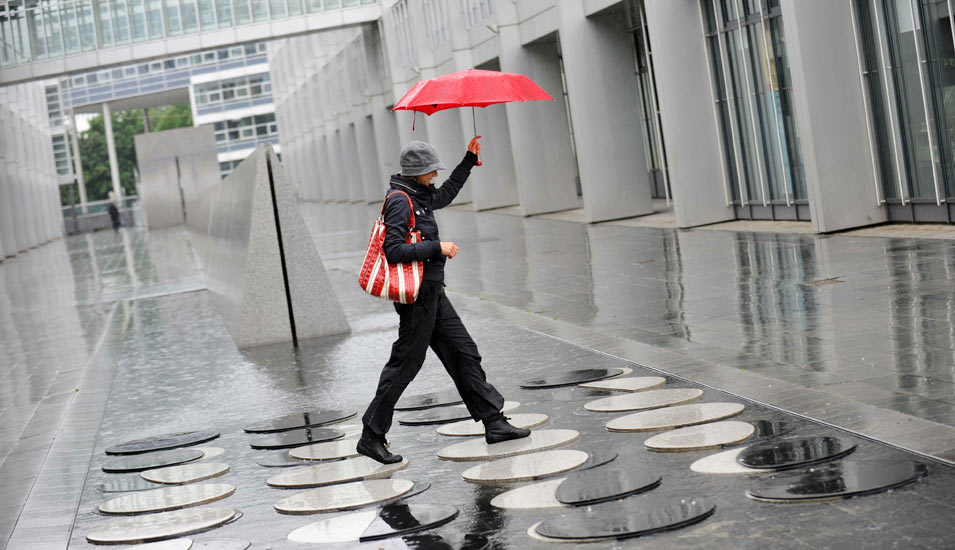Catholic bishops, who work on the Church’s humanitarian and development work in Africa, called on G7 leaders to discuss ways to help African countries fighting poverty at the Hiroshima summit in Japan. The possibility of canceling debts that bishops describe as “unpayable” should also be discussed.
In their statement ahead of the G7 summit that begins on May 19, the Catholic bishops, who represent 23 African countries, called on those present at the meeting to take action to tackle the debt crisis, reform development banks and help “people affected by multiple crises” to take over the continent.
We, the Catholic Bishops of Africa, responsible for Caritas and the Pastoral Mission of the Poor, write to you, the leaders of the G7 countries, to ask for action to be taken in support of Africa, which has been badly affected by several crises in recent years, write the leaders of the Catholic Church.
They add: “We call on the G7 to take bold action to support Africa in this time of need, including debt relief, increased aid and fairer trade policies.”
The Bishops express their deep concern that poverty in Africa has continued to increase in the wake of the COVID-19 pandemic, with increasing numbers of people on the continent becoming food insecure. The bishops added that high levels of food insecurity are exacerbating tensions and insecurity in African countries.
300 million people are at risk of starvation
“Last year, more than 300 million people were affected by food insecurity, which exacerbated the causes of conflict and social tensions in many African countries and made governance even more unstable,” the bishops said.
The Catholic bishops are echoing the message of Pope Francis, who has stressed the need for effective and reliable procedures to settle unpaid debts. According to the bishops, effective and reliable approaches to reducing non-payable debt require reconnecting debt relief to human development needs, involving all creditors, ensuring automatic debt freezing, and making debt relief available to all developing countries in need.
Given that more than 60 percent of debts are owed to private creditors, the Catholic bishops maintain that these debts cannot be reduced without their participation. They further note that without new sources of affordable development financing, and given the enormous social and environmental challenges facing African countries, there is a risk that they will fall back into the debt trap.
The SDR debt trap
“It is therefore necessary to reconsider the so-called Special Drawing Rights (SDR) as a financing instrument and to redirect a large part of the SDR held by rich countries to Africa,” said the Caritas Bishops of African States. They praised the allocation of $650 billion in Special Drawing Rights, with the support of the G7 countries, describing it as “an important step to provide assistance in facing the pandemic crisis without increasing countries’ debt burdens.”
However, leaders of the Catholic Church stress that the pope must prioritize the common good and integral development of all peoples, regardless of their income level. Pope Francis recalls Pope Evangelii Gaudium’s Apostolic Exhortation (No. 203) of November 2013, which declared that “the dignity of every human being and the pursuit of the common good are concerns that should guide all economic policies” and that “fiscal reform is necessary, which in turn necessitates economic reform.” It benefits everyone.”
background
Leaders from France, Germany, Italy, Japan, the United Kingdom, the United States and Canada will attend the G7 summit, which will address a wide range of issues including climate change, international peace and security, and global health together.
(Asiafrica – mg)

“Award-winning music trailblazer. Gamer. Lifelong alcohol enthusiast. Thinker. Passionate analyst.”






More Stories
Bella Thorne: American actress who got engaged
Property: Palace: Kate and William are affected by many news – Entertainment
King Charles has cancer – Harry returns to Great Britain